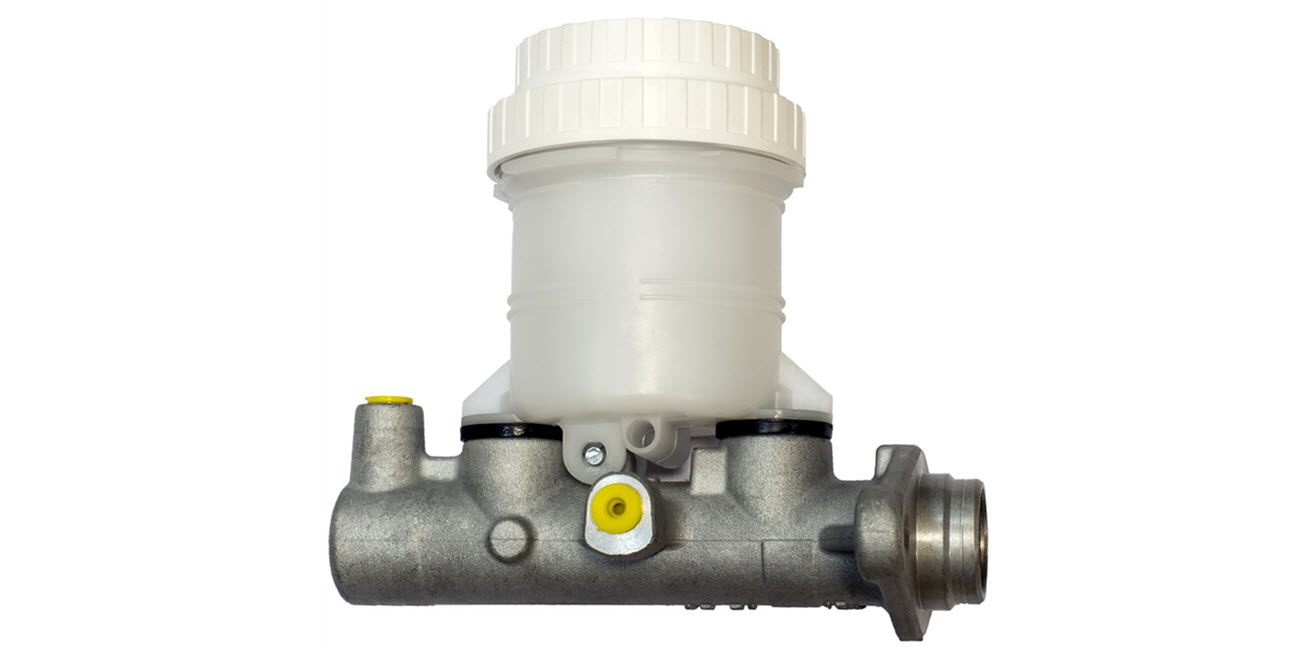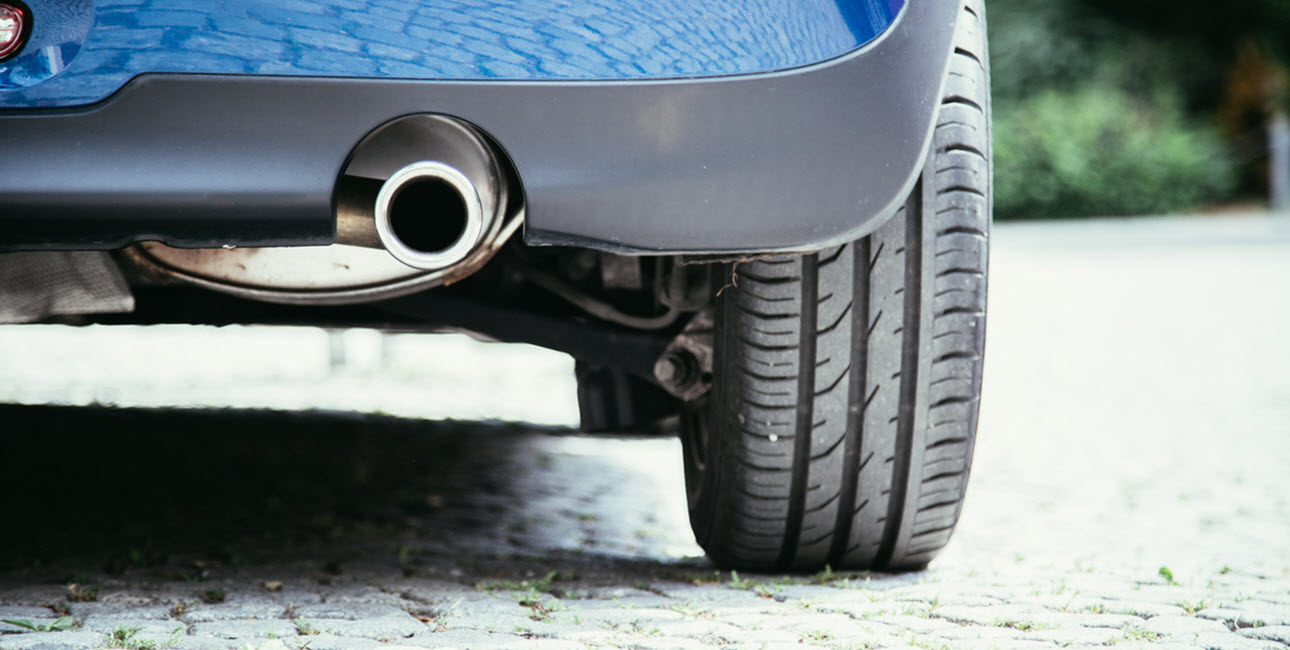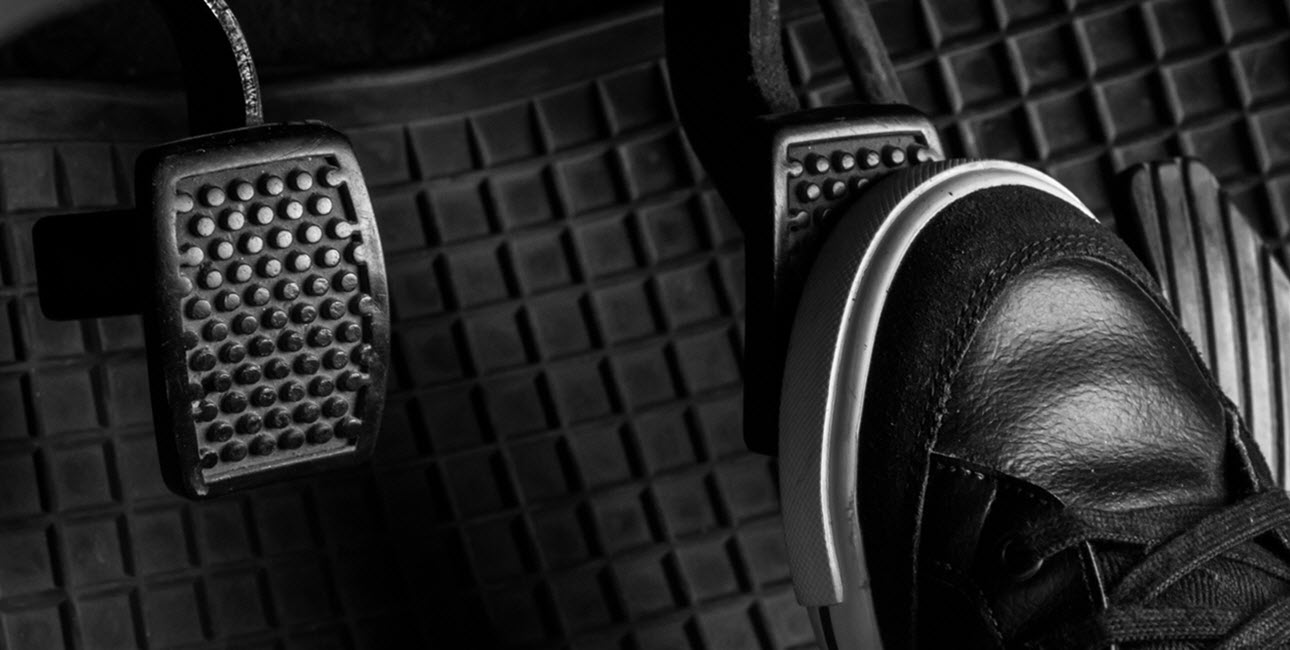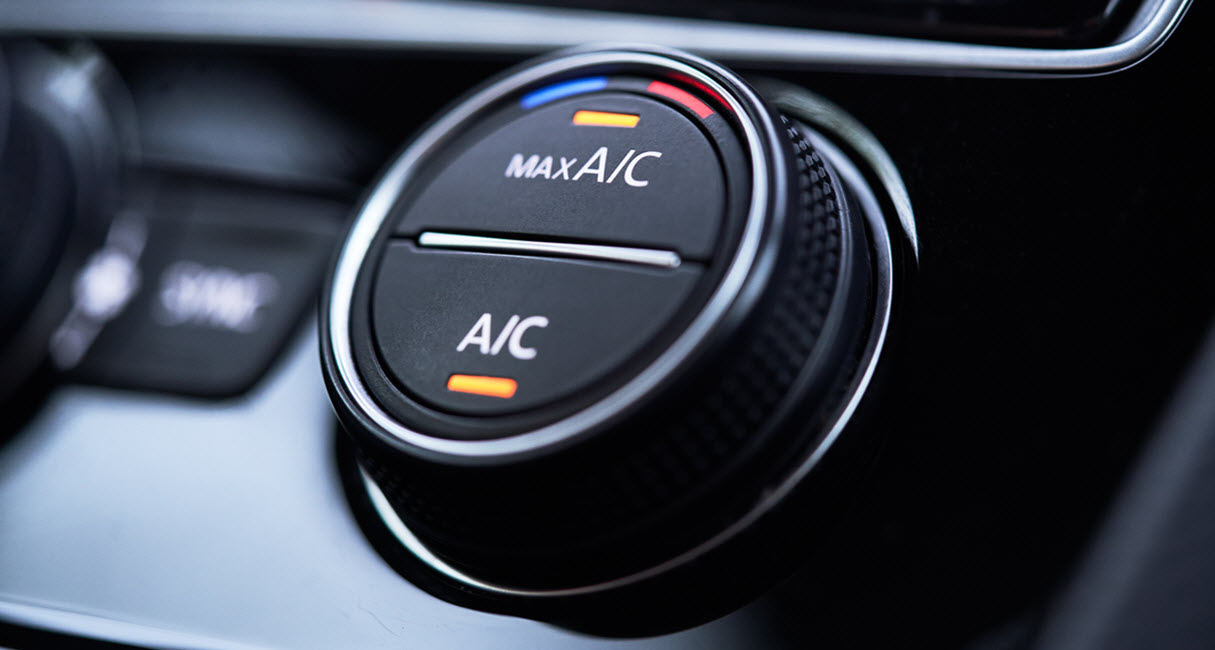
How to Fix Toyota Air Conditioning Compressor Issues
The air conditioning system in modern cars, including those in Toyota models, plays a crucial role in driver and passenger comfort and vehicle safety. The AC compressor sits at the heart of this system as it is responsible for compressing and circulating the refrigerant. Malfunctions in the AC compressor break down the cooling mechanism and stop the air conditioning, causing a range of issues, including:
- Compressor Clutch Failure: The compressor clutch is an electromagnetic component that engages and disengages the compressor, allowing it to drive and stop. It can fail due to wear or an electrical failure—the clutch malfunctions, causing irregular engagement.
- Bearing Failure: The pulley bearing continues to rotate even when the AC is off. With time, the bearing or the grease in it wears down, causing the compressor to stop working.
- Refrigerant leak: The refrigerant gets compressed and circulated by the compressor. Leakages at the compressor seal or body cause refrigerant to escape and damage the compressor’s performance.
- Internal Components Wear: The internal compressor components, such as the piston and valves, wear over time. This weakens the compressor and eventually breaks it down.
- Electrical Issue: The compressor is an electric component. Electrical issues, such as water ingress, circuit or control unit malfunction, and relay damage, cause the compressor to stop.
When an AC compressor malfunctions, your Toyota exhibits various warning signs, including strange noises, compressor disengagement, no cold air, leaks, and intermittent AC operation. Upon seeing these signs, consult specialized auto technicians to resolve the issue quickly. At Franklin Automotive, we provide expert auto services for import vehicles, including Toyota, in Birmingham. For AC compressor issues specifically, we perform three extensive steps.
3 Steps For Addressing Toyota Compressor Malfunctions
While we recommend regular maintenance services to prevent damage and catch issues early, it’s still normal for problems to arise. Whenever a compressor malfunctions in a luxury automobile, several steps need to be taken to ensure thoroughness and efficiency. Here is our complete 3-step process for addressing AC compressor malfunctions in Toyota vehicles:
1. Diagnosis
This first diagnostic step is essential for providing greater clarity into the situation and identifying the root cause. It includes:
- Visual inspection of belts, pulleys, and connections for damage or leaks.
- A pressure test is done using a manifold gauge set to check high and low refrigerant pressures. If irregular readings are found, then there may be a leak or a failing compressor.
- UV dye, electronic leak detectors, or nitrogen pressure test are used to detect refrigerant leaks on the compressor body.
- Power supply to the compressor from the battery is checked, along with checking of fuses, relays, and wiring continuity.
2. Repair
This second repair step is key to fixing a malfunctioning or damaged component and restoring the vehicle’s performance. It includes:
- A compressor clutch malfunction is addressed by replacing the clutch. This cost-effective method applies to Toyotas with a separate clutch.
- Bearing failure can also be rectified by installing a new bearing and properly lubricating it.
- Leaks are detected and sealed. Refrigerant is refilled to compensate for the loss due to leakage.
- If the damage is extensive and irreversible, then the whole compressor module is replaced with a new one. This process involves disconnecting the module, flushing the coolant completely, removing the old compressor, installing a new one, vacuuming the lines, refrigerant fill, and a final test.
- Sometimes the malfunction comes from outside the module, such as an electrical failure. Here, battery, connectors, and system circuits are repaired, restoring the compressor function.
3. Maintenance
The third maintenance step is an instrumental method to prevent future malfunctions, as it detects and addresses issues before they escalate. It includes:
- A routine AC system check
- Monitor refrigerant level and turn off when the level falls below the required level.
- Keep the condenser clean by rinsing it periodically. Keep in mind to use gentle force, as the fins should not get bent.
- Replace the cabin air filter at the specified mileage interval, usually 15,000-20,000 miles.
- Consult an import auto expert repair shop that uses OEM-made parts and brand-approved fluid, for example, Franklin Automotive in Birmingham.
Please note that it gets cold out here in Alabama during the winter months, so please don’t keep the AC shut off for long periods. During all seasons, turn it on for 15-20 minutes at least once a month to keep the seals lubricated and prevent them from drying and cracking.
Franklin Automotive: Professional Toyota AC Compressor Repairs in Birmingham, AL
Established in 1992, Franklin Automotive 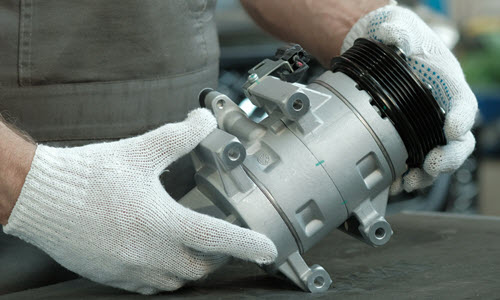 has been providing top-notch auto service to import brands like Toyota in Birmingham. At our shop, we employ ASE-certified technicians who are highly skilled and committed to quality, precise import auto repair. With a range of amenities, we also offer a 12-month/12,000-mile warranty on our services. Operating from 2880 Acton Road in Birmingham, we also work with import auto owners in surrounding cities, such as Homewood, Hoover, Mountain Brook, Pelham, Trussville, and Vestavia Hills in the state of Alabama. Are you locals or visitors passing through who need AC compressor repairs? Contact us today!
has been providing top-notch auto service to import brands like Toyota in Birmingham. At our shop, we employ ASE-certified technicians who are highly skilled and committed to quality, precise import auto repair. With a range of amenities, we also offer a 12-month/12,000-mile warranty on our services. Operating from 2880 Acton Road in Birmingham, we also work with import auto owners in surrounding cities, such as Homewood, Hoover, Mountain Brook, Pelham, Trussville, and Vestavia Hills in the state of Alabama. Are you locals or visitors passing through who need AC compressor repairs? Contact us today!
 2880 Acton Road,
2880 Acton Road,


